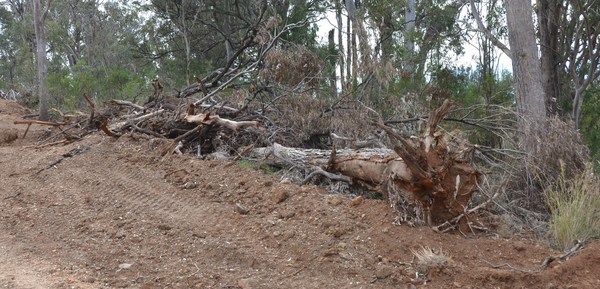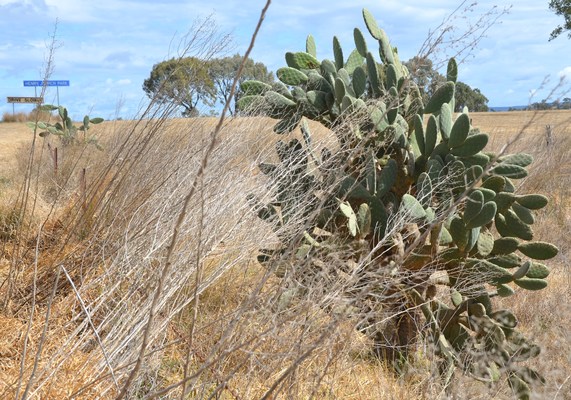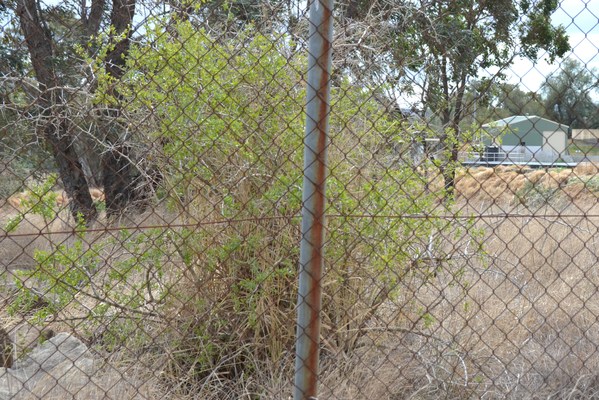
By Jeremy Sollars
The Southern Downs Regional Council’s new Invasive Pest Control Scheme (IPCS) continues to cause angst among owners of rural property, with many questioning how the scheme aligns with pest control in neighbouring National Parks and State Forests – along with council’s own land.
Under the IPCS owners of predominantly rural land will be required to annually demonstrate their control measures for declared pest animals and weeds, and face a ‘supplementary’ rates notice if found to be non-compliant.
The council has justified the scheme on the basis of the need for region-wide and equitable pest control requirements for private landowners, but many have labelled the scheme a “cash grab”, saying the council lacks the staff and resources to physically inspect all rural properties for compliance.
A council spokeswoman told the Free Times this week around 3700 ‘Control Works’ forms had been submitted by landowners as required, with about 10 per cent of these landowners having so far requested a physical inspection of the properties by council staff.
But allegations of double standards have been raised, with community members pointing out noxious weeds on council’s own landholdings and roadworks practices which could potentially encourage pests such as rabbits.
Of equal concern is private land sharing boundaries with non-council government lands such as National Parks, with landholders questioning the effectiveness of federal and state government pest control measures, particularly in remote and often inaccessible locations.
The council this month wrote to federal and state agencies asking them to implement controls equivalent to those the council requires from private landowners.
The agencies included Sunwater, Queensland Rail, the State Departments of Environment and Heritage Protection, National Parks, Sport and Racing and Natural Resources and Mines, and the Federal Department of Defence, saying it was “vital to the success of the (IPCS) that your department is actively involved as contributors to the ideals of invasive pest control”.
Private local landowners whose properties adjoin National Parks and the like are understood to be particularly sceptical about the IPCS, vowing to not lift a finger to comply if their state and federal neighbours’ measures are below-par.
Concern about a lack of proper pest controls in National Parks and similar reserves has risen in recent years, with such lands seen by many as a safe haven for pest animals such as wild dogs, and an originating source of many pest plant species.
One landowner with holdings adjoining National Parks land in the region who came forward to the Free Times described the IPCS as “madness, unaffordable time and money, tyrannical, impractical, a burden and paperwork”.
This week’s general council meeting in Stanthorpe on Wednesday formally noted a community petition rejecting the scheme as an “unreasonable economic burden on landholders”.
Some have suggested the council implement the scheme in this, its first year, as a trial with no financial penalties, but the council has to date shown no sign of backing down.
The Free Times sought comment from State Environment Minister Steven Miles on the government’s support or otherwise for the IPCS.
Instead we received a response attributed to a spokesman for Queenland Parks and Wildlife which said the government “recognises the need for pest control measures and works closely with landholders, lessees, permit holders and local governments to deliver a co-ordinated and integrated approach”.
“We have invested $8.4 million on pest management across Queensland including $900,000 for a Strategic Pest Management Program,” the spokesman said.
“The control of pest plants and animals by rangers and contractors is a key part of the management of the QPWS estate in areas such as national parks and State Forests.
“While QPWS does work closely with councils on pest control, the Southern Downs Regional Council invasive pest control scheme applies to private freehold land only.
“QPWS is targeting a range of animal pests including goats, pigs, deer and wild dogs. We are exploring opportunities for collaborative projects with council, targeting invasive weeds.
“QPWS’s pest control activities include the control of pest plants with herbicide and fire, as well as baiting, trapping and shooting pest animals.”








